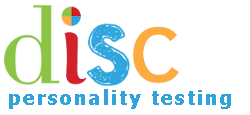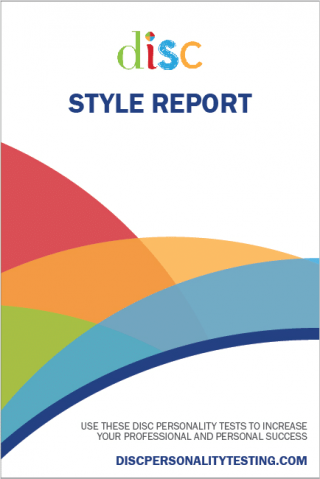In this post, we’d like to discuss a question we wish we would get asked more frequently.
How can you use the DISC assessment to better develop or better grow your emotional intelligence or your emotional maturity?
To address that question, we’re going to borrow the definition of emotional maturity from Daniel Goleman. He says that emotional maturity is composed of four things:
- self-awareness,
- self-control,
- social awareness, and
- social skill.
The way you can start using the DISC assessment to grow your emotional intelligence is to, first, use the report to better understand yourself. With a DISC Assessment, you get a report that tells you your behavioral traits, tendencies, and preferences. Your report will give you some insight into your hot buttons and things that might cause you to feel stressed, frustrated, or irritated with another person.
You can use the report to better understand yourself so that you know what is likely to frustrate you, and you also gain better understanding how you might be perceived — possibly incorrectly or differently than you intended — by others.
Unfortunately, that’s where most people stop when they get a DISC assessment, and that’s the challenge.
When you stop at simply understanding yourself, you miss the opportunity to grow in other areas. While it’s great to understand why you get ticked off or irritated by what other people do, it’s only the starting point for developing more emotional maturity. At this level of understanding, you have some self-awareness, and you might have developed a bit more self-control.
You’ll gain even greater value and application effectiveness if you use the assessment to move on to the other two parts of Goleman’s definition of emotional intelligence: social awareness and social skill. We believe that the DISC assessment can help all of us in both of those areas as well.
For example, when you understand your style type, and you learn enough about the DISC model to also understand other people’s styles, you become more socially aware.
You move past thinking that another person is phenomenal (or frustrating), because they happen to be like (or different from) me. You can start to see, trends and patterns in their behavior that give you insights into why that person responds or reacts to you the way they do. This insight allows you to move beyond social awareness to social skill when you take the information and say: “Now that I understand the difference, how can I adjust the way I communicate and interact to better connect with people whose behavioral styles and traits are different from mine?”
The DISC model can give you a way, or a framework, of thinking to understand other people in a way that will help you to build your social skills.
Does taking a DISC assessment automatically mean you’re going to be more emotionally intelligent?
No. It’s not that linear. It is a great starting point, though.
A DISC profile won’t automatically help you with your emotional maturity.
It is a great starting point, and it can help.
We encourage you to think about using the DISC model and DISC assessments as more than just knowing something yourself. While self-awareness is important, we promote the idea of thinking about it more broadly. Think in terms of using it as a tool to improve both your social awareness and your social skills.
If you do that, you’re likely to start seeing more success both personally and professionally, because you’re going to gain greater influence with people. You’re going to have better connection. You will have less stress and less conflict. A number of things will get better in your life, if you’ll make the effort.

